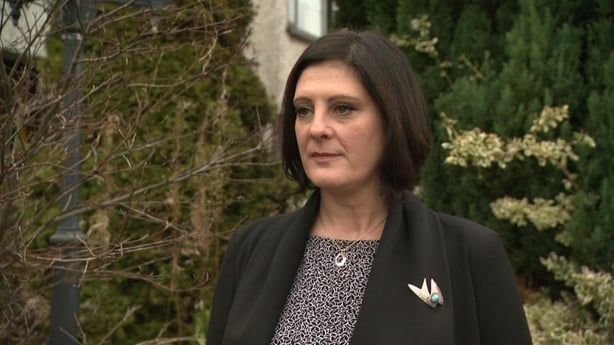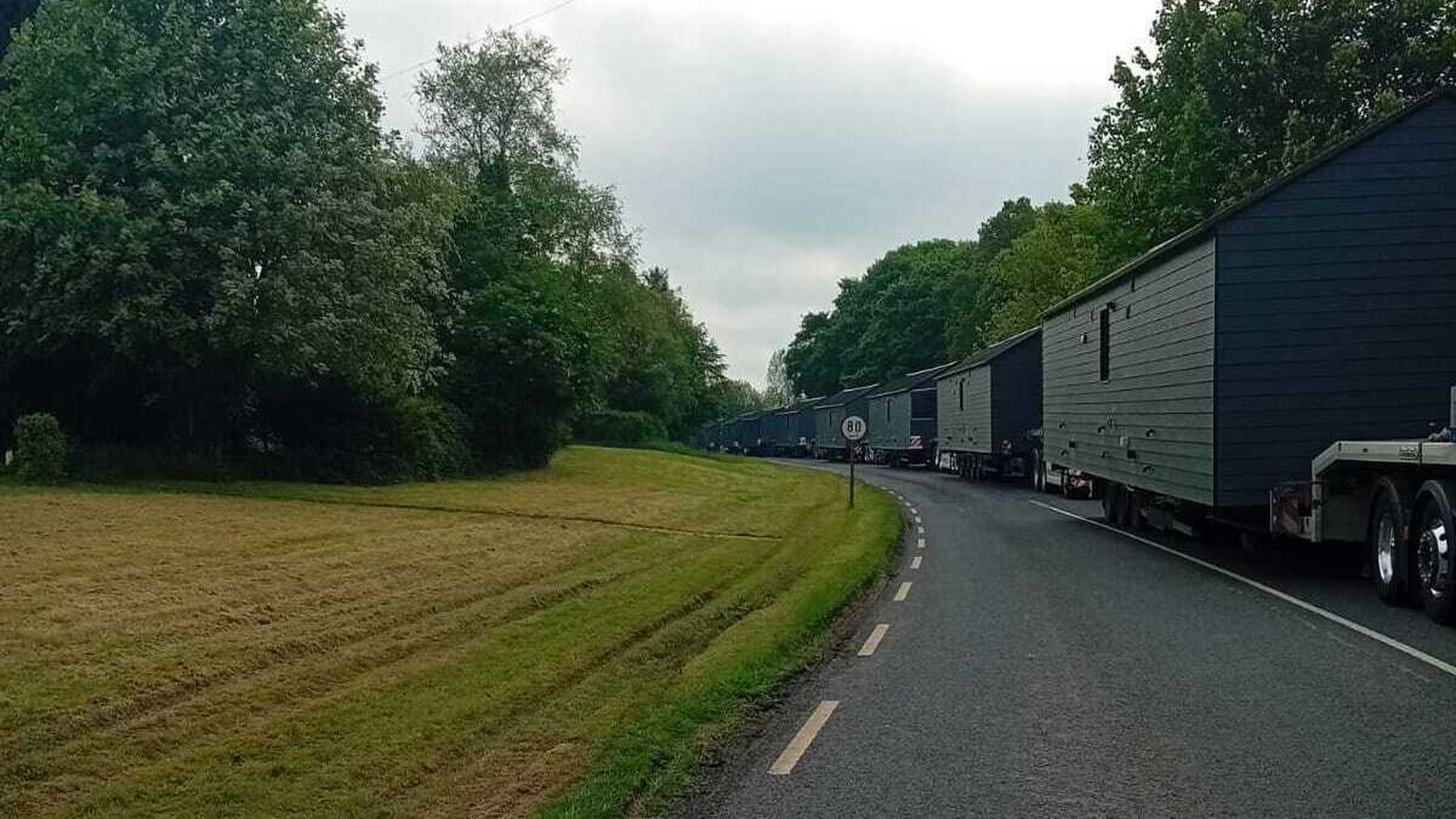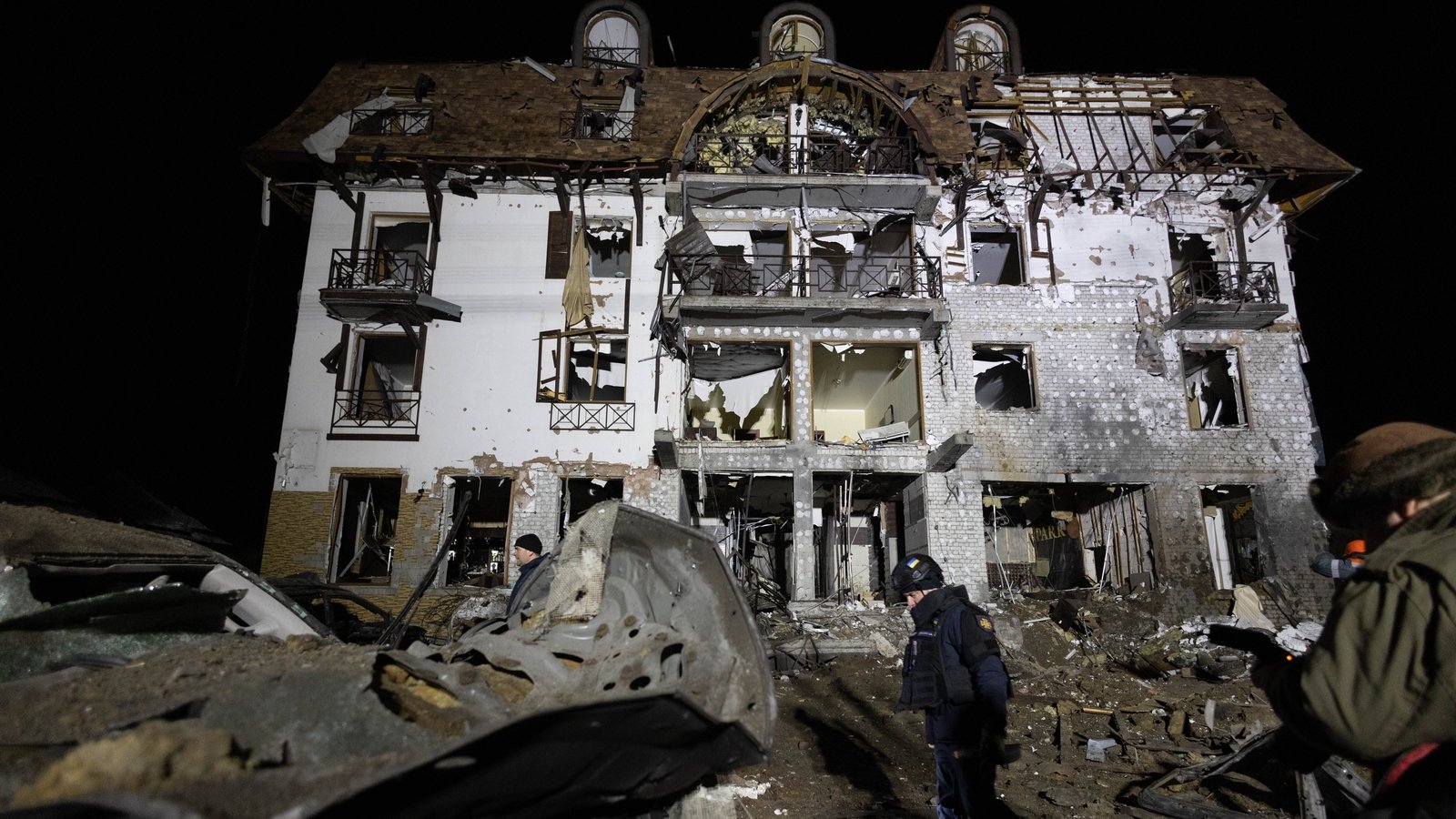Row over rape definition hampers EU violence directive

The European Union’s first directive on combatting violence against women has hit a roadblock with a number of countries, including Ireland, unable to agree on a legal definition of rape.
Under the proposed text, approved by the European Parliament, the crime of rape is based on lack of consent.
However, not all member states agree on this definition, and so rape risks not being included in the directive on combatting violence against women.
Ireland is among the member states that has not yet supported the current definition of rape.
Fine Gael MEP Frances Fitzgerald, a lead negotiator on the file, has said that she’s “quite shocked” with the level of resistance to the inclusion of rape in the directive.
The Dublin MEP explained that in some countries there are legal concerns around its inclusion.
Ms Fitzgerald, a former tánaiste and minister for justice, has called on Ireland to change its approach.
“Ireland at this moment in time is undecided. I gather there are legal difficulties [as outlined] in advice that’s been given to the minister.
“I remain hopeful that before the end of January, when all the member states will have to make their final decision, that Ireland will be on the side of saying yes,” she said.

At present, 12 members states are supporting the inclusion of a consent-based definition of rape in the directive. Ten states are against the proposal and the remaining countries are undecided.
The directive seeks to enhance and harmonise rules on combatting violence against women across the European Union, so that citizens have the same rights wherever they are in the bloc.
It aims to ensure that the most serious forms of violence against women are criminalised across the EU, such as rape, female genital mutilation and gender-based cyber violence, including cyber-stalking and non-consensual sharing of intimate images.
In a statement, the Department of Justice in Ireland said that it “fully supports” this “ambitious measure”.
However, it adds that so far it has “not been possible” for member states to agree on a definition of rape.
The department insists that “this remains an important proposal overall and Ireland is committed to continuing to work constructively with member states to find a path forward and reach an agreement that is legally sound and not open to challenge”.
Some member states are reluctant to define rape, as being based on lack of consent, due to concerns it could be open to legal challenge.
If agreement is not reached, rape may not be included in the directive at all.
The directive requires a “qualified majority” to be approved, paving the way for the law to be implemented across the European Union.
At present, some member states have stronger protections than others.
However, this directive would mean that laws on combatting violence against women would be harmonised across the EU.
Advocacy groups, such as Women’s Aid in Ireland, support the directive.
CEO Sarah Benson explained that “rape is something that occurs in the absence of consent, that is something that is enshrined in Irish legislation”.

“But it’s also broadly recognised as the only really meaningful way to look at it in order to properly address the ways in which sexual exploitation and sexual coercion occur.”
She added: “To have a definition that is not consent-based would fly in the face of what we know are the facts of the lived experience of the victims of sexual violence”.
Fellow Irish MEPs have also called on the Irish Government to back the proposed definition of rape, as approved by the European Parliament.
Fianna Fáil MEP Barry Andrews, a member of the European Parliament’s Committee on Women’s Rights and Gender Equality, said: “We have in our own statutes rape based on consent, not rape based on force.
“And I think it would send out an extremely negative message to have an EU directive on gender-based violence that either excludes rape or only includes it on the bases of rape with force. I think that’s a step backwards.”





